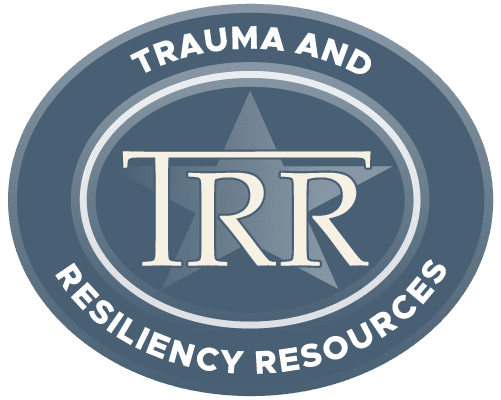EMDR THERAPY
WHAT IS EMDR?
EMDR stands for Eye Movement Desensitization and Reprocessing.
Eye Movement Desensitization and Reprocessing Therapy is a powerful type of psychotherapy that was developed by Francine Shapiro in 1987 as a treatment for traumatic memories. Unlike traditional “talk therapy” that requires the client to tell the story of what happened to them, or exposure therapy which is structured to inhibit avoidance of disturbing material (and during which clients generally experience long periods of high anxiety), EMDR clients generally experience rapid reductions in subjective levels of distress early in the session.
HOW DOES IT WORK?
EMDR Therapy helps to integrate three types of information – thinking, feeling and sensing (in the body). During an EMDR session the client remembers disturbing material briefly while following with their eyes something the therapist moves in front of them (usually a hand). This helps the nervous system to remain calm even though the memory is painful.This dual focus helps the client to remember but not relive the trauma.
WHAT THEORY IS EMDR BASED ON?
EMDR Therapy is an Adaptive Information Processing model. Adaptive information processing enables new associations to be formed between traumatic and non-traumatic memories which results in new learning, new insights and a reduction of emotional distress. With successful processing of material, the client’s relationship to the original trauma has shifted. This is what is meant by the “processing of traumatic memories to an adaptive resolution.” The result of treatment with EMDR is a decrease in emotional distress, a reformulation of negative beliefs into positive, life-affirming beliefs, and a re-setting of the nervous system. In short, EMDR reduces or resolves traumatic memories and enhances resilience. And, EMDR is not hypnosis nor does it require homework.
CAN EMDR THERAPY BE DONE WITHOUT A TRAINED EMDR THERAPIST?
No. EMDR therapy is a mental health intervention. As such, it should only be offered by properly trained and licensed mental health clinicians. EMDRIA does not condone or support indiscriminate uses of EMDR therapy such as “do-it-yourself” virtual therapy.
IS EMDR A TREATMENT FOR PTSD?
Yes. EMDR is widely considered one of the best treatments for post-traumatic stress disorder (PTSD).
WHO CAN BENEFIT FROM EMDR THERAPY?
EMDR therapy helps children and adults of all ages. Therapists use EMDR therapy to address a wide range of challenges:
- Anxiety, panic attacks, and phobias
- Chronic Illness and medical issues
- Depression and bipolar disorders
- Dissociative disorders
- Eating disorders
- Grief and loss
- Chronic Pain
- Performance anxiety
- Personality disorders
- PTSD and other trauma and stress-related issues
- Sexual assault
- Sleep disturbance
- Substance abuse and addiction
- Violence and abuse
WHO RECOGNIZES EMDR THERAPY?
EMDR therapy is listed as a treatment for PTSD and other trauma and stress disorders by the following organizations. Treatment guidelines are based on reviews that evaluate the research of established evidence-based mental health treatments.
The American Psychiatric Association (2004)
The American Psychological Association (2017)
The Department of Defense (2004, 2010, 2017)
The Veterans Administration (2004, 2010, 2017)
The World Health Organization (2013)
U.S. Substance Abuse and Mental Health Services Administration (2014)
The International Society for Traumatic Stress Studies (2018)
U.K. National Institute for Health and Care Excellence (2018)
Phoenix Australia – Centre for Posttraumatic Mental Health (2020)
EMDR IS ALSO ENDORSED BY:
- Clinical Resource Efficiency Support Team (CREST) of the Northern Ireland Department of Health
- Dutch National Steering Committee for Health Care
- French Haute Autorite de Sante (French National Authority for Health)
- INSERM (French National Institute of Health and Medical Research)
- Israeli National Council for Mental Health
- United Kingdom Department of Health
- United States National Alliance on Mental Illness
- Many other international health and governmental agencies
For a description of the 8-step treatment model, please click here and for more detailed information on EMDR use the followings links: https://www.emdria.org or https://www.emdr.com
EMDR

Donate
Support Our Work

Get Help
Combat Veterans of All Eras

Get Trained
Training for Professionals
